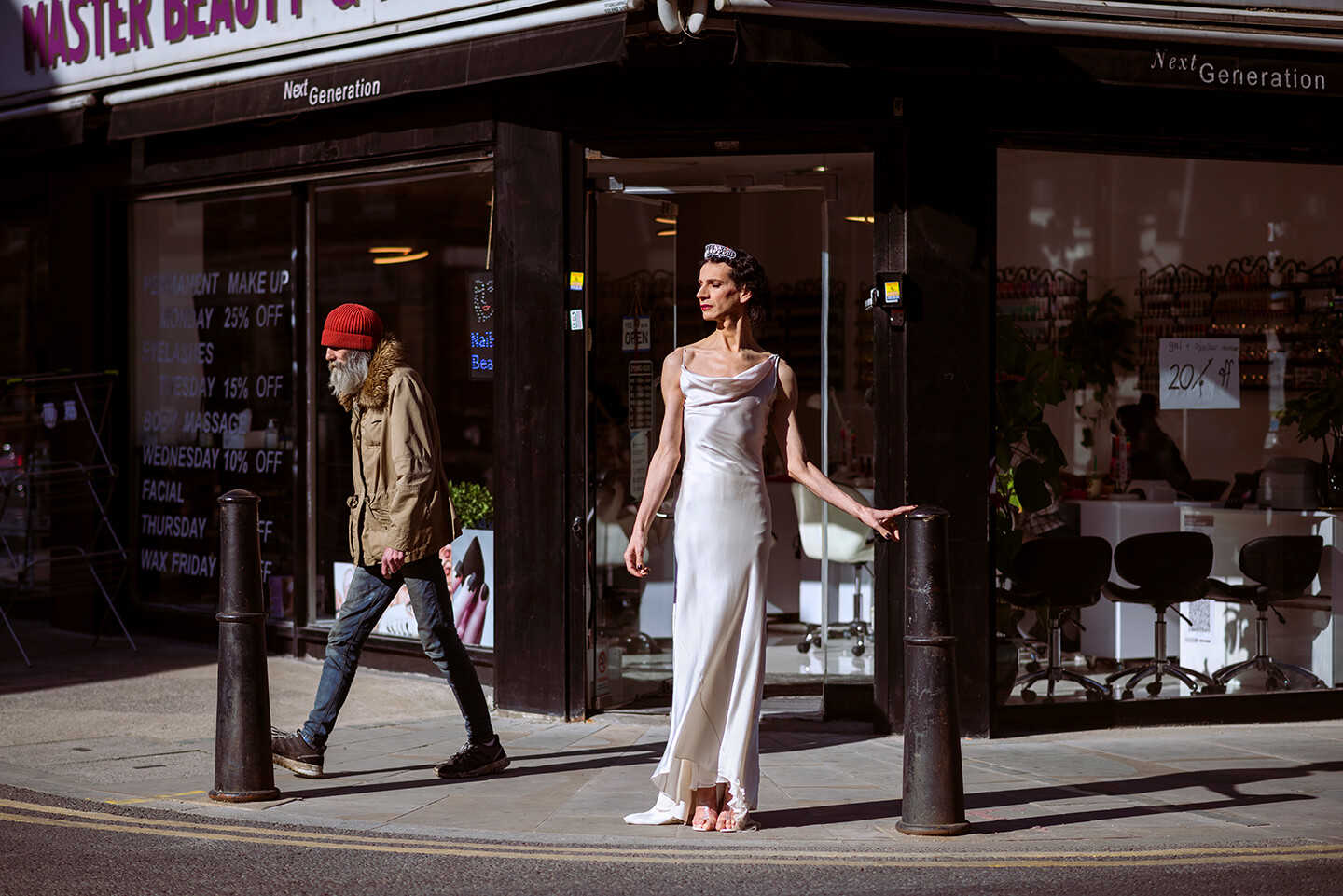“Folded Life: Talking Textile Politics” is a research project conceived by curator (& theory tutor@DAI) Grant Watson, commissioned by the Johann Jacobs Museum. At the core of the project are interviews conducted by Grant with a diverse group of interviewees ( including artist, scholar and curator Sebastian De Line (DAI, 2016)), whose personal and political engagements with textiles are explored through a wide-ranging discussion departing from a single textile object of their choosing. Project launch: May 4, 2021
Grant's interview with Sebastian
Folded Life: Talking Textile Politics
addresses the inter-scalar character of textiles and brings out the often overlooked way they position us in a relation to the life world. It starts from the understanding that textiles function as a field of social meaning, ubiquitous but flexible and contingent in terms of use and setting. At the same time, textiles are animated by subjective attachments and personalized references. Often the origin of the individual textile is elsewhere—made by unknown hands through obscured chains of production, determined by factors including race, gender, and class and circulated through global hierarchies of exploitation and market distribution. Through this, the textile interpolates us into a relation with distant processes as well as questions of social justice and ecology, which demand an attention that goes beyond ethical consumption. “Folded Life: Talking Textile Politics” looks as well at how textiles have the power to dissent and disrupt, through meaning and style. This has often been the case in feminist art, where making textiles for pleasure, collectively, and for political ends have all been used to question hierarchies of value, and likewise in queer cultures, where the perceived feminine markers of textiles have been deployed to subvert gendered expectations.
Over the course of 2021, “Folded Life” publishes a set of approximately 12 interviews online alongside contextual material, including newly-commissioned texts, photography, artists’ projects, sound, and moving image.
“Folded Life” launches with the release of four interviews with: Christine Checinska, designer, scholar, and Curator of African and African Diaspora Fashion, Victoria and Albert Museum, London; Sebastian De Line, artist, scholar, and Associate Curator, Agnes Etherington Art Center, Kingston, Ontario, Canada; Cecilia Vicuña, artist, poet, and writer, New York; and Nando Messias, performance artist, choreographer, and queer academic, London.
In these interviews, a discussion of textiles suggests the way particular biographies intertwine with social and historical pressures. Here this includes conversations about fashion, race, migration, and cultural identity; the survival of textile forms through the devastation of European colonization; practices of pedagogy and care in relation to Indigenous collections; and the use of dress in queer performance to confront the public violence directed at gender nonconformity. In this way, the interviews reflect what art historian Julia Bryan-Wilson has termed a “textile politics” that not only refers to the way “textiles have been used to advance political agendas,” but also points to how they can make the political “material” (Bryan-Wilson, Fray: Art and Textile Politics, 2017, 7).
Research materials will expand in the coming months with the publication of two additional “chapters” of four interviews each. Contextual material develops and accumulates continuously over time.
Curator: Grant Watson
Editor: Jill Winder
Research Advisors: Roger M. Buergel, director and Sophia Prinz, research associate, Johann Jacobs Museum, Zürich
Photography: Thierry Bal
Graphic design & image editing: Bijan Dawallu
Website programming and development: Timo Meisel & Wanda Wieczorek, meisel webdesign
Transcriptions: Giulia Tognon
Sound editing: James McLear
Johann Jacobs Museum
Seefeldquai 17
8034 Zürich
Switzerland
foldedlife.johannjacobs.com
johannjacobs.com

